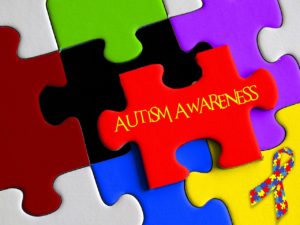This was a fascinating insight into a number of different perspectives on autism in healthcare. This chat follows on from the previous blog.
One of the first tweets into the chat was about how easy it is for someone described by healthcare professionals as ‘somewhere on the spectrum’ fell between the gaps when transitioning from child to adult care and there was a failure to pick up on their unusual presentation of depression. The result of this was a suicide attempt. Later in the chat this experience was reinforced by our student nurse contributor who was diagnosed early with depression while other symptoms suggestive of neurodiversity were not picked up until much later. This made me think about a seminar I had attended today by Dr Jed Jerwood, whose work explores how people with mental health diagnoses are failed in terms of palliative care needs. We seem to put people in silos. If you have a learning disability or a neurodiversity then it seems less likely that other issues will be picked up.
The second issue was about the management of a person with autism in the acute hospital setting. One of our contributors provided excellent advice about forward planning and individualised care. We didn’t get much traffic on this topic and I would be interested to follow up on this in another chat dedicated to that specific issue. If you would be interested in contributing, blogging, or co-hosting that chat please contact a.swift@bham.ac.uk.
The biggest issue of the chat was a discussion about what it is like to be a neurodiverse healthcare student. Our very articulate contributor talked about her experience. Telling a mentor about your neurodiversity is important because it allows them to support you. On the other hand, the mentor might then be hypervigilant and be unconsciously biased about your performance. Problems with memory can be managed by note taking and repetition in practice, and so for this student it seemed that notes and rehearsal made developing her skill set possible. The contributors wandered about social awareness and social skills in people with Autism Spectrum Disorder – in particular the concern that people with ASD may be less able to be empathic and may fail to pick up on social cues. We didn’t get to explore that in depth but our student was able to offer a different perspective – that a person who is neurodiverse may be hyperempathic. Most importantly we were reminded that neurodiversity is highly variable in itself. It seems a complex situation for a student and mentor to be involved in. Communication and information sharing is vital to identify learning needs versus adjustment needs and to ensure that the students true capabilities are noted.
Thank you to those who took the time to share their experiences. It was a great chat.
